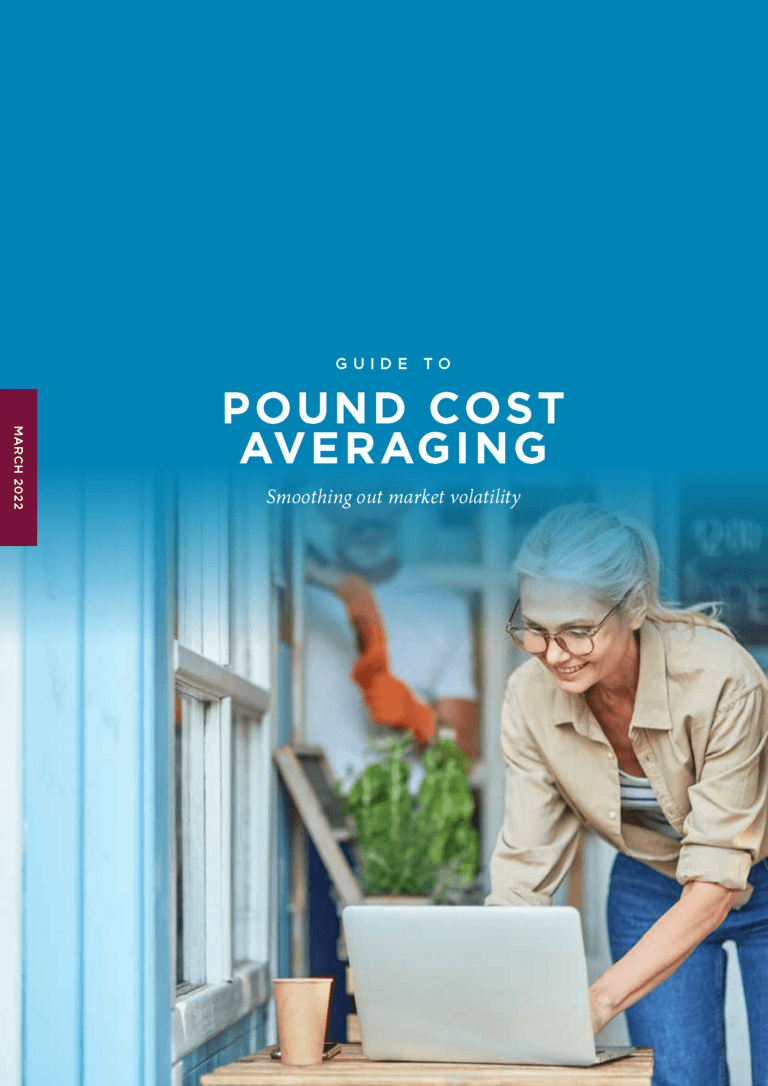How to trace multiple old pension pots
Over time, pension schemes close, merge or become renamed
Changed job? Moved house? It’s not always easy to keep track of a pension, especially if you’ve been in more than one scheme or have changed employers throughout your career. Over time, pension schemes close, merge or become renamed. So even if you remember the name of your scheme, it could now be called something else.
With more of us changing jobs regularly throughout our working lives, it has become harder to keep track of old company pensions. This is particularly the case for people who have moved home and whose pension providers no longer have their correct contact details.
With the disappearance of the job-for-life and with more people moving jobs several times throughout their working life and accruing multiple pension pots along the way, it can be all too easy to lose track of the pension funds built up.
So how can you go about tracing any pension schemes you have paid into at some point in the past?
Get in touch with former employers
If your forgotten pension scheme was run by a company you worked for, you should contact them first. In some cases, individuals may not have been aware they were actually paying into a pension, especially if no monthly salary deductions were being made.
Most pension schemes must send you a statement each year. These statements include an estimate of the retirement income that the pension pot might give you when you reach retirement.
First, check to see if you have any old paperwork that might have the name of your employer or pension scheme. This will give you a good starting point. If you’re no longer getting these statements – perhaps because you’ve changed your address – to track down the pension you can contact the pension provider, your former employer if it was a workplace pension, or The Pension Tracing Service.
Contact pension providers
Even if your pension was linked to your job, it may have been run on your employer’s behalf by a pension company. In this case, you should get in touch with the provider rather than your previous employer.
The same applies if you set up your own personal or stakeholder pension, for example. The Pensions Advisory Service, which is sponsored by the Department for Work and Pensions, can also help you look for a personal pension.
You’ll need to provide information about the name of your old employer or pension provider, and potentially further information such as the dates you worked at the company and your National Insurance number.
If you know which provider your pension was with, your first step is to contact them. However you contact them, you should provide as many of the following details as possible: your plan number, your date of birth, your National Insurance number and the date your pension was set up.
By asking the following questions, you’ll get a thorough overview of your pension pot:
Q: What is the current value of my pension pot?
Q: Have I nominated a recipient for any death benefits?
Q: How much has been contributed into my pension pot?
Q: What charges do I pay for the management of my pension pot?
Q: How much income is the pension pot likely to pay out at my chosen retirement date?
Q: How is my pension pot being invested and what options are there for making changes?
Q: What are the charges if I wanted to transfer the pension pot to another provider?
Q: What are the death benefits – in other words, how much money would be paid from the pension if I died?
Use the Pension Tracing Service
An alternative way of tracking down a lost workplace or personal pension is by using the Pension Tracing Service. This is a free government scheme which can be accessed via the government website. Again, you will need to provide as much information as possible about yourself and the dates you were a member of any scheme.
You can phone the Pension Tracing Service on 0800 731 0193 or submit a tracing request form to the Pension Service via the GOV.UK website.
Stick to official services
Be warned though, from time to time, businesses are set up to offer similar tracking services to people who have lost pensions. Although they are not necessarily doing anything illegal and often offer assistance for free, they may try to give the impression that they are official services.
In fact, they could be trying to obtain the personal information of people who have substantial pension savings so they can persuade these individuals to make investments or pay for financial advice, for example.
To reduce the risk of losing track of a pension in future, ensure you let providers know whenever you change your home address or any other details, such as your email address.
A PENSION IS A LONG-TERM INVESTMENT NOT NORMALLY ACCESSIBLE UNTIL AGE 55 (57 FROM APRIL 2028 UNLESS THE PLAN HAS A PROTECTED PENSION AGE). THE VALUE OF YOUR INVESTMENTS (AND ANY INCOME FROM THEM) CAN GO DOWN AS WELL AS UP WHICH WOULD HAVE AN IMPACT ON THE LEVEL OF PENSION BENEFITS AVAILABLE. YOUR PENSION INCOME COULD ALSO BE AFFECTED BY THE INTEREST RATES AT THE TIME YOU TAKE YOUR BENEFITS.
THE TAX IMPLICATIONS OF PENSION WITHDRAWALS WILL BE BASED ON YOUR INDIVIDUAL CIRCUMSTANCES, TAX LEGISLATION AND REGULATION WHICH ARE SUBJECT TO CHANGE IN THE FUTURE. YOU SHOULD SEEK ADVICE TO UNDERSTAND YOUR OPTIONS AT RETIREMENT.
ACCESSING PENSION BENEFITS EARLY MAY IMPACT ON LEVELS OF RETIREMENT INCOME AND YOUR ENTITLEMENT TO CERTAIN MEANS-TESTED BENEFITS AND IS NOT SUITABLE FOR EVERYONE. YOU SHOULD SEEK ADVICE TO UNDERSTAND YOUR OPTIONS AT RETIREMENT.
Content of the articles featured in this publication is for your general information and use only and is not intended to address your particular requirements or constitute a full and authoritative statement of the law. They should not be relied upon in their entirety and shall not be deemed to be, or constitute advice. Although endeavours have been made to provide accurate and timely information, there can be no guarantee that such information is accurate as of the date it is received or that it will continue to be accurate in the future. No individual or company should act upon such information without receiving appropriate professional advice after a thorough examination of their particular situation. We cannot accept responsibility for any loss as a result of acts or omissions taken in respect of any articles.For more information please visit www.goldminemedia.co.uk








